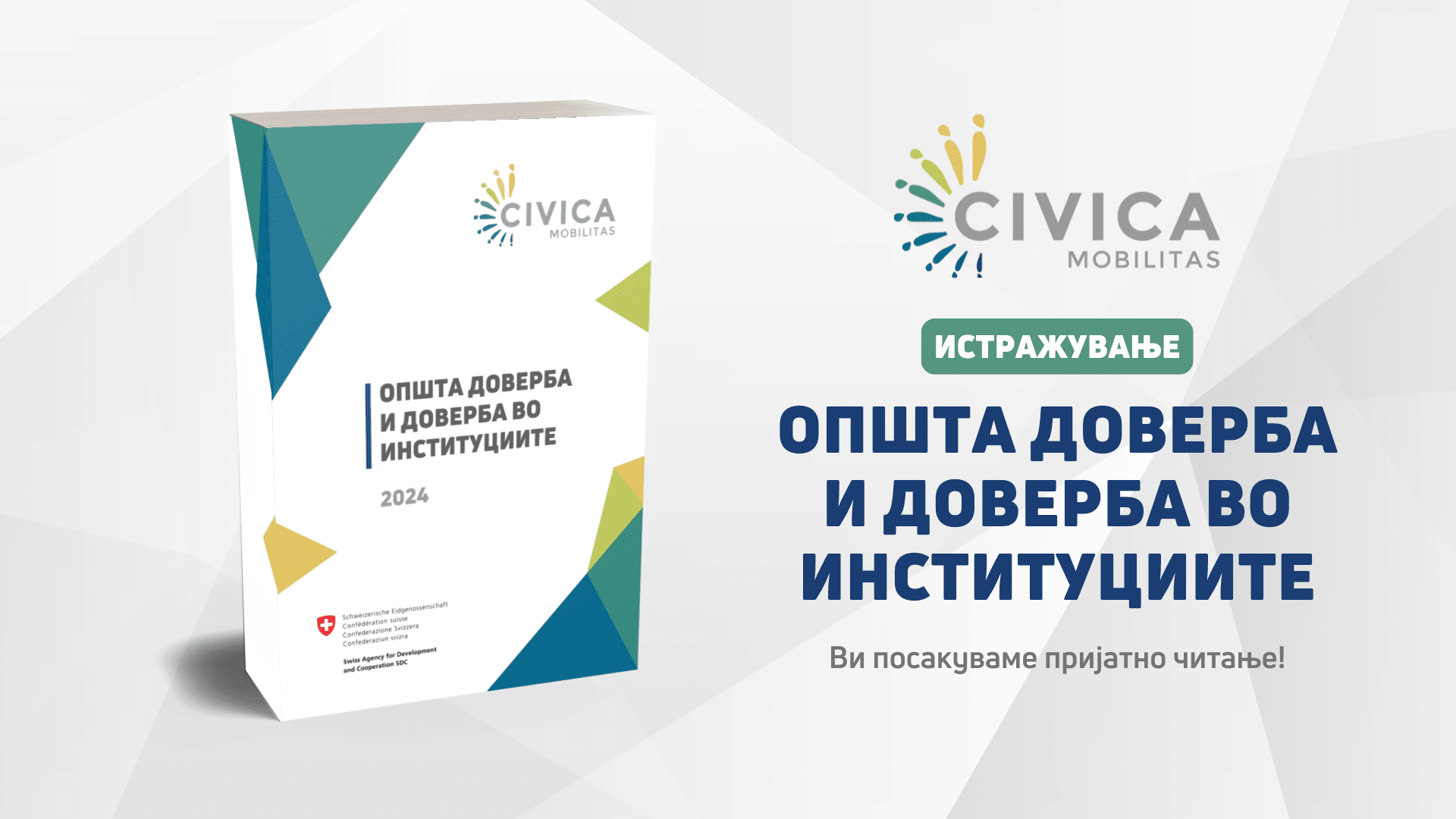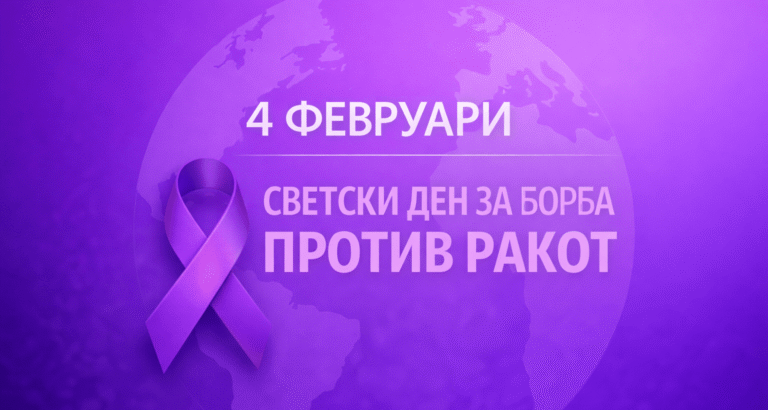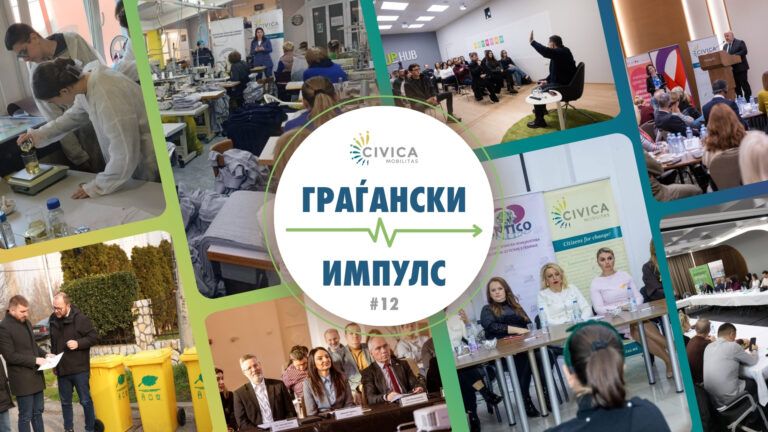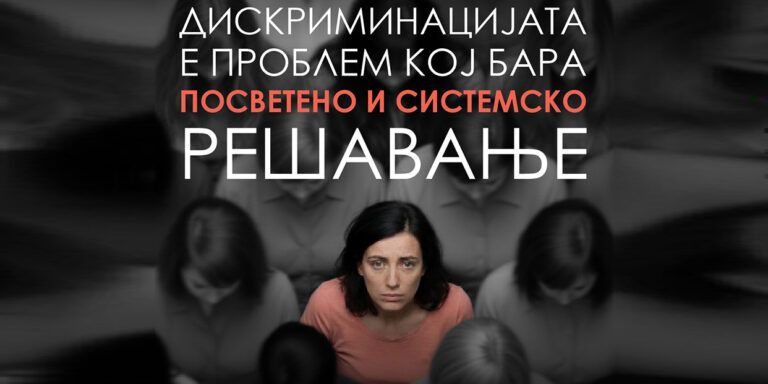Citizens Think that They Should be Careful in Their Relations with the Other People
The Macedonian Center for International Cooperation (MCIC) has conducted its regular research of the general trust and confidence in the institutions. The results show that the confidence in people remains divided, i.e. a bit more than half of the citizens (52.6%) said that they had complete or partial confidence in people. The citizens feel most secure in their closest circle, and around 2/3 said that they have confidence in their neighbours, while the confidence in their colleagues (52.8%) and their compatriots (52.2%) is a majority one, but significantly lower. The biggest caution of the people surveyed is expressed towards the unknown people, and 84.1% said that they have complete or partial lack of trust in them.
The interpersonal trust is at low level, and 84.9% of the citizens think that they should be careful in their relations with the others, while only 14.3% believe that most of the people can be trusted. This high level of caution is also confirmed with the answers to the question: “Do you think that in general people would use you or would they try to be honest to you?” A total of 76.0% of the people surveyed think that people would try to use them. The biggest part of them (21.5%) strongly believe in this, positioning themselves at the lowest part of the scale.
There is no increased trust to any of the social sectors compared to the survey conducted in 2021. The banks and the financial institutions (59.2%) still have the highest level of confidence. The trust in media (55.5%), business (51.2%) and civil sector (49.6%) are at the same level as in 2021. The biggest drop in trust is in the public sector (from 46.8% to 27.1%), followed by the political parties (from 36.2% to 27.6%) and the international community (from 46.2% to 39.5%). Compared to 2021, the biggest drop of trust is with the ethnic Albanians, especially in the public sector and the political parties. With the ethnic Macedonians, the most significant drop is in the public sector.
When confidence in various professions was checked, it turned out that the citizens mostly believe teachers and professors, with full or partial trust of 72.0%, and they are closely followed by priests and religious community people (70.8%) and doctors (65.9%). On the other hand, the judges (18.4%) and customs officers (22.9%) are the professions that the citizens trust the least; while the business consultants (44.9%), police (44.0%) and public servants (36.5%) rank a bit better, but still remain in the minority domain.
The research was conducted with a field survey of a national representative sample of 1,000 people. The population framework of the sample was population older than 18, and the representativeness criteria were: sex, ethnic affiliation, age, place of residence and regions. The collected data have been processed with frequency and proportion of answers. The data are with a reliability level of 95% and a +/-3% error margin. The survey was conducted in the period of 20th April to 25th May 2024. It was conducted by M-Prospect for MCIC.








![Sre]ni praznici(2)](https://civicamobilitas.mk/wp-content/uploads/2025/12/sreni-praznici2-768x432.jpg)
